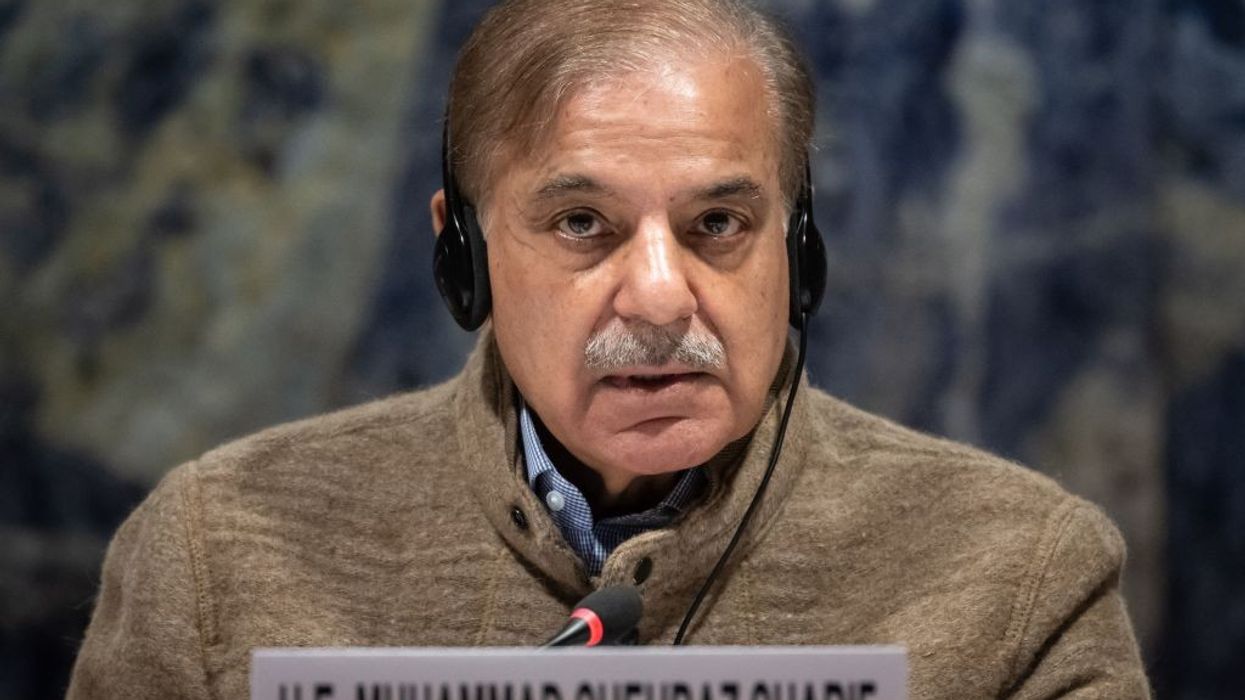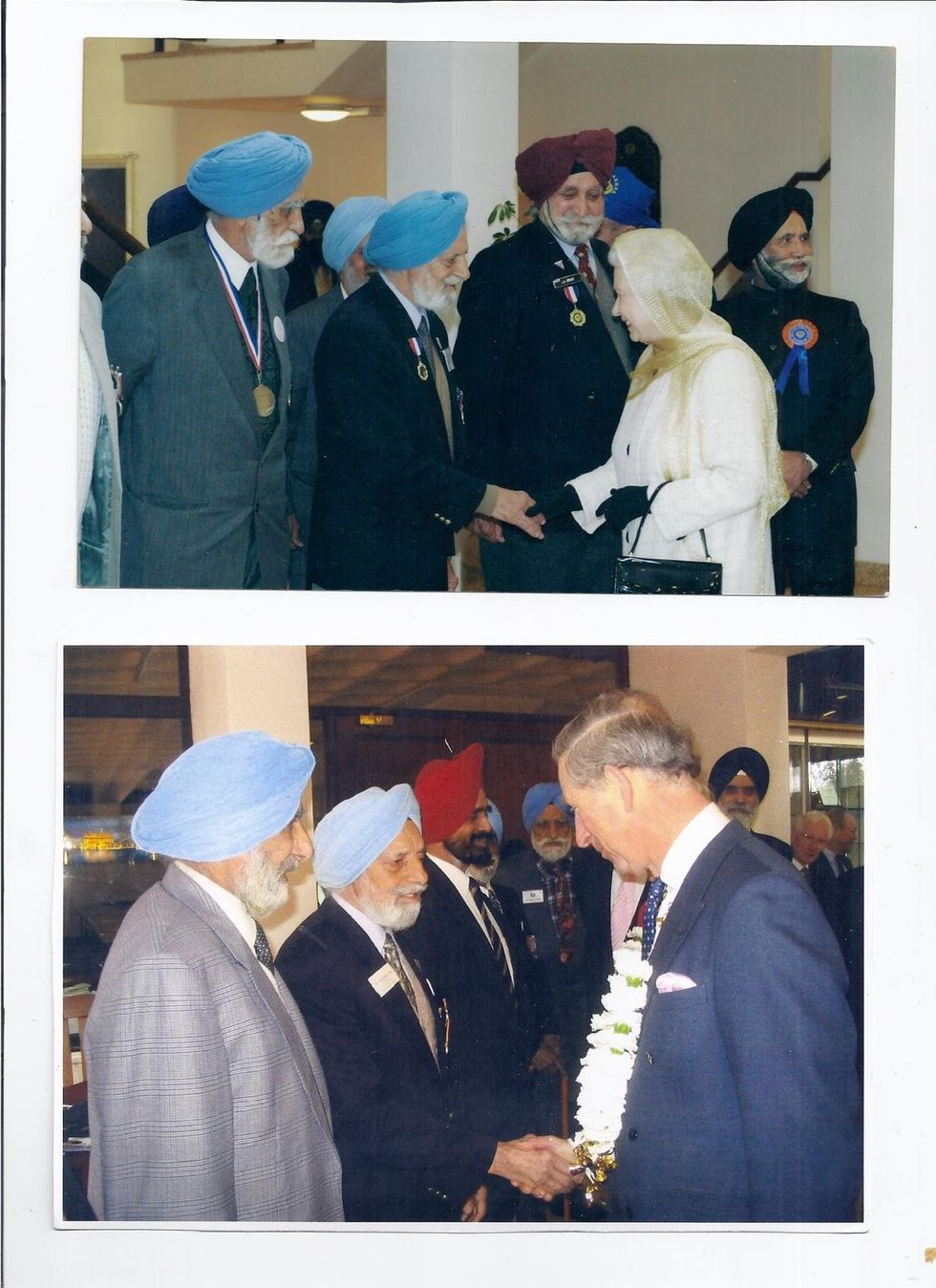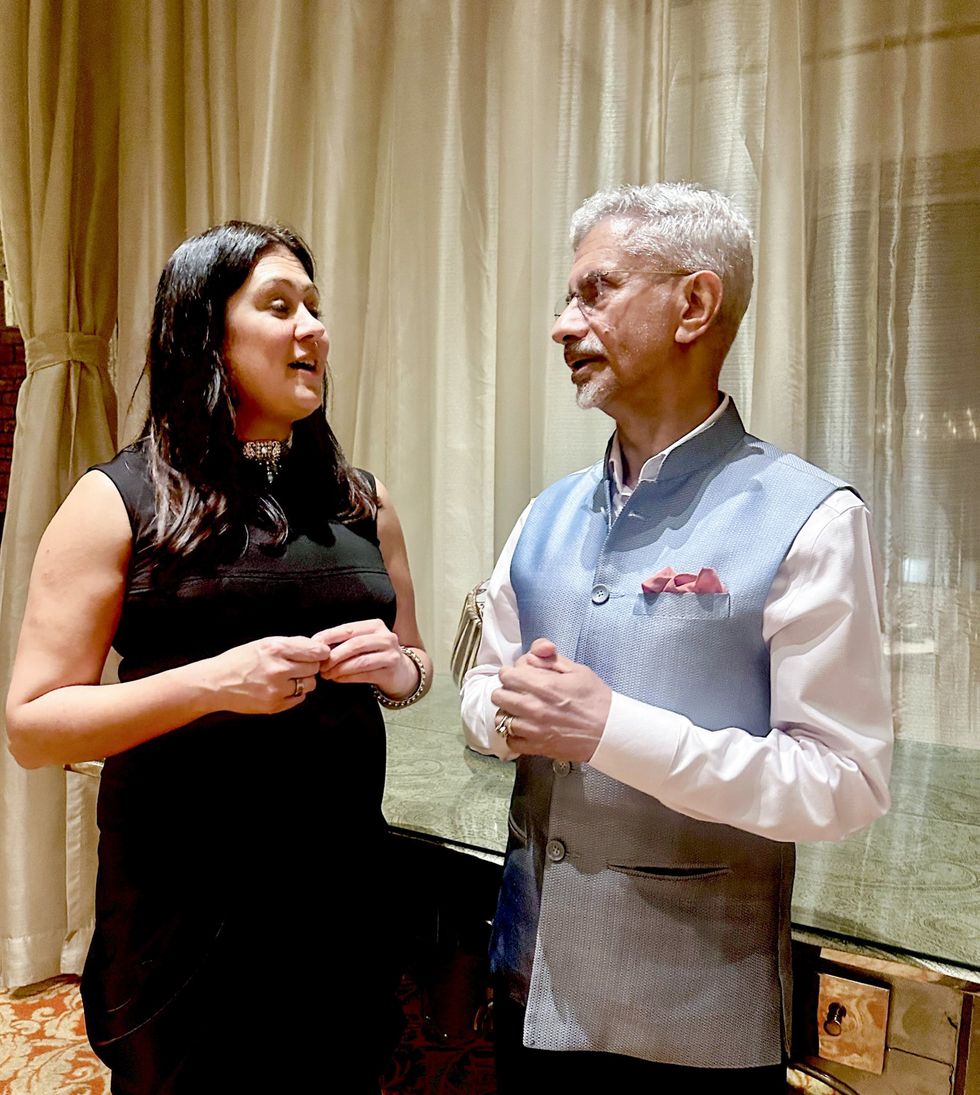Pakistan prime minister Shehbaz Sharif appealed to parliament on Tuesday (28) to act against predecessor Imran Khan over accusations that his party was involved in violence that erupted when police tried to arrest him for alleged corruption.
The clashes occurred earlier in March after Khan's supporters prevented police and paramilitary forces from detaining him over allegations he unlawfully sold state gifts during his 2018-22 tenure as premier. He denies any wrongdoing.
Last week, home minister Rana Sanaullah asked for a parliamentary ruling to empower authorities to crack down on Khan's party and his supporters.
"Did you ever see law enforcement officers going to serve a court summons on someone and then being attacked with petrol bombs?" Sharif asked lawmakers in a speech telecast live.
"I'm appealing to this parliament that these things need to be taken care of immediately. This house has to take action today if we want to save Pakistan," he said, adding: "Enough is enough. Now law has to take its course."
Sharif did not spell out what action he wanted the parliament to take against Khan.
Some of Sharif's ministers have called for a ban on Khan's Pakistan Tehreek-e-Insaf (PTI) party, but it was not clear whether the government was seeking this from parliament.
Sharif's coalition government, which took office after a parliamentary vote of no confidence ousted former cricket star Khan last year, has alleged that Khan's supporters had Islamist militants among them.
Since being removed, Khan has been demanding early elections and holding protests across the country to press his case.
The clashes between Khan's supporters and security forces have brought a new flare-up of political instability to the nuclear-armed country of 220 million people, which is in the midst of a crippling economic crisis.
Khan claimed the government and the powerful military are trying to stop him from contesting the next election, scheduled for November. Both the government and military deny
this. If convicted in any case, Khan could be disqualified from the vote.
Meanwhile, Pakistan's human rights commission rebuked feuding political parties on Tuesday for undermining democracy.
"We are aware there is a very menacing and irresponsible opposition here which has made use of violence, humiliated police and destroyed the law and order," commission chairperson Hina Jilani told a news conference in Lahore.
"Despite that, we are forced to say that we do not expect such behaviour by the state and government which includes retaliatory measures, vindictive and vengeful measures."
Khan dissolved the two local parliaments he controlled at the start of the year in a bid to disrupt Sharif's government.
Caretaker governments, which are severely limited in their day-to-day operations, are in place in the two dissolved parliaments of Khyber Pakhtunkhwa and Punjab.
Under the constitution elections must be held within 90 days, a deadline just a few weeks away. However, the election commission refused to set a date after the military said it was unable to ensure security.
The date of the elections are now tied up in legal wrangling.
"The dissolution of the assemblies were a very dangerous and incorrect political strategy in my view, and there was an agenda behind it," Jilani said of Khan's move.
"Despite that, we believe regular elections in Pakistan are extremely important."
Khan sent his MPs back to the upper house on Tuesday, a year after he was ousted in a no-confidence vote and ordered his allies to abandon parliament.
He has since been snarled in dozens of legal cases, including for sedition and under Pakistan's anti-terrorism act.
"Ultimately, the crux of the ongoing crisis is political and not legal," Jilani, a supreme court lawyer, said in a statement.
"There is no other option for the political opposition and the government but to hold serious and meaningful dialogue in parliament to resolve this in the larger interests of Pakistan's people."
(Agencies)

















 Dhatt with sons Jasvinder and Parminder
Dhatt with sons Jasvinder and Parminder Dhatt as a young soldier
Dhatt as a young soldier Dhatt with the then Prince of Wales, and the late Queen
Dhatt with the then Prince of Wales, and the late Queen Dhatt gardening at home
Dhatt gardening at home Dhatt with his granddaughter Amrit
Dhatt with his granddaughter Amrit
 Nandy at the WAVES event in Mumbai
Nandy at the WAVES event in Mumbai The culture secretary at Yash Raj Studios
The culture secretary at Yash Raj Studios With India’s foreign minister Dr S Jaishankar
With India’s foreign minister Dr S Jaishankar
